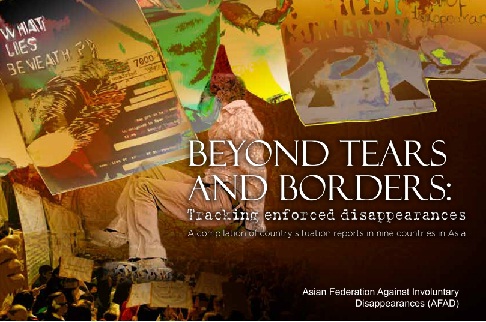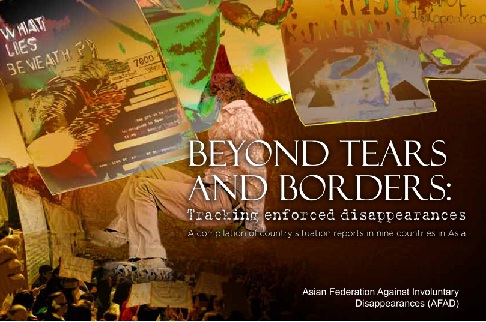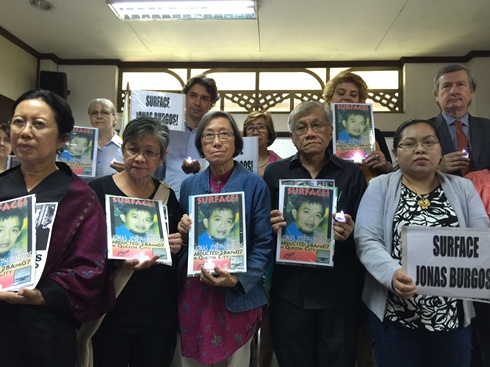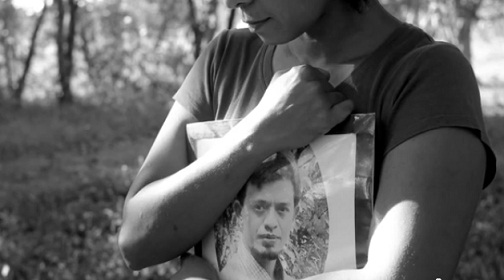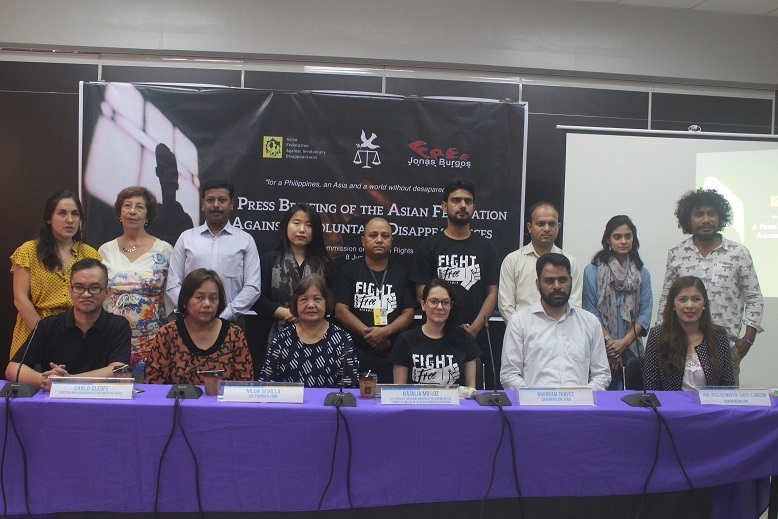MESSAGES of faith and hope marked the observance of the International Day of the Disappeared in the Philippines.
At the launching of the book, “Beyond Tears and Borders” at the office of the Commission on Human Rights, Edith Burgos, mother of farmer/activist Jonas Burgos who disappeared on April 28, 2007, said in the six-year search for her son, the emotions “vacillate between hope and despair.”
She said, “no matter what you do, there will always be indifferent people. “
She said families of the disappeared have to contend with labeling. “The moment you speak about the disappeared, you become labeled.”
But she said in the agony of the search, she has found “examples of selflessness.” She said it was her son’s love for others that made him devote his life for the farmers and caused him to be disappeared.
She lauded the publication of “Beyond Tears and Borders” saying “Only courageous hearts would have the daringness to publish these concrete accounts of disappearances. “
“With this book, we have come up with something concrete. It’s not just believing. It’s not only faith,” Burgos said.
Mary Aileen D. Bacalso, AFAD secretary general said “The book attempts to chronicle the history of enforced disappearances in Bangladesh, Kashmir in India, Indonesia, Nepal, Philippines, South Korea, Sri Lanka, Thailand and Timor-Leste. “
“Against the backdrop of internal conflict and post conflict situations, of post dictatorship and war
against terrorism, each article presents the evil that is enforced disappearance and the concerned
government’s contribution to resolve and/or aggravate the problem,” Bacalso said.
Against the backdrop of internal conflict and post conflict situations, of post dictatorship and war against terrorism, Bacalso said each article presents the evil that is enforced disappearance and the concerned government’s contribution to resolve and/or aggravate the problem.
“The scourge of enforced disappearance is reflected in the figures mentioned in each article; in the sufferings of the victims’ families amidst the callousness of the perpetrators; in the states’
explicit or tacit policies to stifle dissent and in the chilling atmosphere of impunity.. Behind the statistics are precious lives of the desaparecidos and those of their surviving family members, a substantial number of whom are vulnerable women and children who bear the brunt of the crime’s devastating consequences,” she said.
Bacalso further said the book elucidates that, except for Thailand and Indonesia which have both signed the Convention and are in the process of ratification, the rest of the Asian countries where AFAD has member-organizations and partners have not yet signed, much less acceded to it.
She took note , though, of the enactment that on Republic Act 10353, the Anti-Enforced Disappearance Act of 2012.
The law ensures that no one can be arbitrarily and secretly detained, thereby preventing further human rights violations. It recognizes the pain and struggle of the families of the disappeared, having provisions for rehabilitation, compensation, and restitution. It seeks to, at least, decrease impunity by extending the definition of a perpetrator to commanders, not just subordinates.
“Such an exemplary development in Asia serves as an inspiration to other states to also penalize enforced disappearances within their domestic laws,” Bacalso said.
